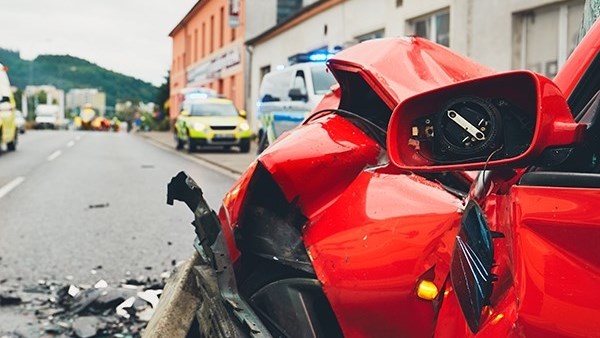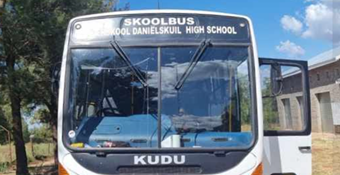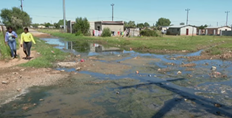Central SA
Getting back behind the steering wheel─── 14:36 Mon, 04 Jul 2022
Sponsored14:36 Mon, 04 Jul 2022
Have you been in an accident and are you struggling to get back behind the steering wheel?
In episode 3 of Road Safety with accidentAngels, Dr Lee Randall from the Road Ethics Project spoke to Shandor Potgieter about suffering from PTSD following an accident on the road.
According to Dr Randall, those who have been in an accident may feel anxious and ‘relive’ that experience repeatedly, but she has tips to help drivers cope.
She says that in her work as an occupational therapist, she has met numerous crash survivors who have had traumatic experiences on the road and show signs of PTSD (post-traumatic stress disorder) and many of them talk about not being able to cope with things like driving or travelling as a passenger or pedestrian or cyclist.
Dr Randall adds that their condition can be mild, moderate or full-blown and in the last case it can be extremely difficult for the person to recover and stop feeling anxious or reliving what they went through.
She states that you must give yourself time to heal and process the experience and don’t expect to be able to do too much too soon. Many people benefit from professional help from a counsellor or psychologist, and for some – like those who have really significant anxiety – it is also important to consult a psychiatrist and be prescribed appropriate medication to settle the symptoms down enough to start coping better.
Secondly, in terms of getting back to driving, this should be taken slowly – literally and figuratively – and done in a way which does not overwhelm the person’s coping abilities. Rebuilding confidence with short, easy, daytime journeys in familiar areas without too many crash reminders is important and it’s often helpful to have a supportive family member, friend or colleague come along initially as long as they will be a calming influence rather than a nervous passenger. ‘Reliving’ the crash experience, whilst trying to drive in the here-and-now, can be very dangerous so if that’s happening to a very significant extent, making it difficult to maintain driving focus, professional help should definitely be sought. What can be helpful is for the person to reflect on their learnings from the traumatic event and pull whatever positive aspects they can, out of it, which helps them feel more in charge again and less like a helpless victim.
It’s important for people around them to acknowledge that road use always has an element of danger and risk and remind them that despite this they will eventually be able to relax again, with less fear and risk-aversion, and they’ll become less hypervigilant (a state where you constantly notice and startle at even small things, much more than the average person).
Lastly, Dr Randall adds that thought may need to be given to what vehicle the driver will be using, going forward – especially if they previously had a vehicle which was written off in the crash, they may want to change to a very different model and make but this may mean that returning to driving feels new and different and a longer period of adjustment is needed. If they resume using a vehicle which was damaged in the crash and then repaired, they may be nervous about whether it is still defective in any way, or may find that it makes them keep remembering aspects of the crash.
You can listen to the full conversation here:
accidentAngels is passionate about ensuring that anyone who needs private healthcare is able to receive it in the event of a vehicle accident. If you are not already a member, visit accidentangels.co.za today. accidentAngels is not a medical aid or hospital plan. accidentAngels is a registered credit provider.













